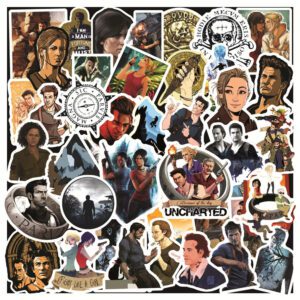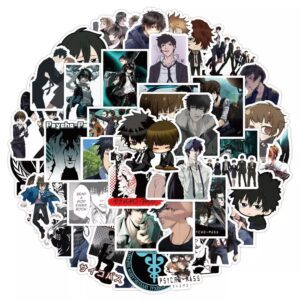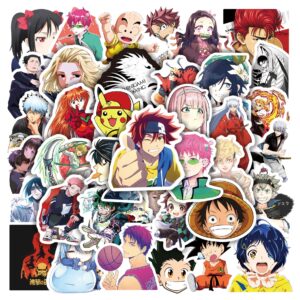
These days, games are a dime a dozen. Or, at least I wish it were so. In this case, the saying does not quite respect the reality of the price of gaming. But, the sentiment stands. The gaming industry is growing at an explosive rate, and with it competition has never been higher. With competition comes criticism, but not all criticism is equal. While all opinions are valid, some can be harmful, and many can be both lazily constructed.
Game development is getting more expensive all the time, and the work and funding that goes into developing a game is immense. There is a drive to make games bigger and better only after profit permits it, understandably. I often find myself drawn to older, cheaper games as a result. I feel less like I’m being mugged when I can enjoy a $10 game-of-the-year edition of a title than when I’m being harassed by encouragements to buy add-ons every 10 minutes.
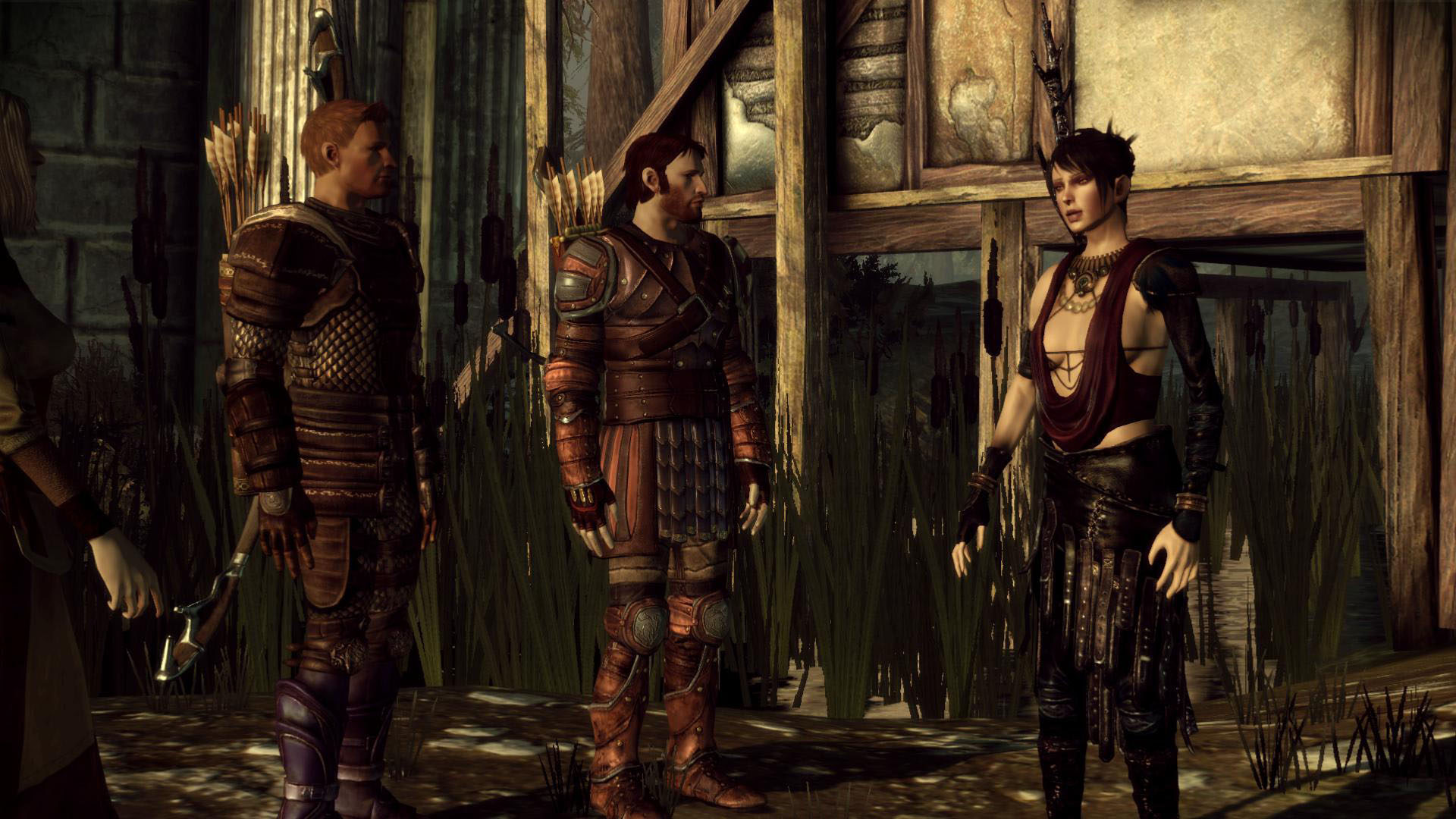 Dragon Age: Origins is constantly criticized for feeling cliché
Dragon Age: Origins is constantly criticized for feeling cliché
As I play older games, I tend to encounter older reviews and reactions from players, and often I discover negative comments that hurt a respective game – sometimes unjustly. I find that criticism of older titles sometimes ages like a moldy high school lunch forgotten in a locker since time immemorial. Over time, the effects of criticism can become corrosive and unhealthy to older titles.
My issue stems from the fact that not all criticism holds up as time goes on, and sometimes it can lead players to overlook games that deserve reverence and recognition. In our free market, new games must learn lessons from successful older titles, and often success is measured by sales alone. Yet sales do not always reflect quality.
I have a vendetta towards a very specific criticism that I believe simply needs to stop being used: that a game can be generic, or cliché. I’ve seen this criticism used too many times, and I do not respect it for a number of reasons. Calling a game cliché, like any criticism, impacts the way said game is perceived, and through this its sales.
But what does it truly mean to be cliché? Does cliché represent a lack of originality, or a lack of creativity? The two are not the same. Does cliché imply lazy writing, or a rebooted take on a familiar genre? Cliché as a criticism can itself be interpreted in multiple ways, and this is my main problem with it.
Unlike a narrative, which can be interpreted in many ways by a fan, criticism should never be interpreted in more than one way. The most important attribute a critique can embody is concision, and calling something cliché or generic is probably the least concise criticism you can make – maybe even the most generic criticism you can make. See how that last bit is meaningless as a statement on its own?
Oftentimes I am surprised by some of the games which face the accusation of being cliché. When it comes to underserving titles, the worst defender is Dragon Age: Origins. Today, Dragon Age is a flagship franchise for Bioware thanks to the success of Dragon Age: Inquisition, but Origins released in 2009 to a large amount of uncertainty.
The reception of Origins at E3 2009 made it a laughingstock only months before release, and the marketing campaign in general proved to be odd, misleading, and not indicative at all of the actual game. But the charge I remember Origins facing most? That it was too cliché. Even so, most players who look back at Dragon Age: Origins today look at it very fondly.
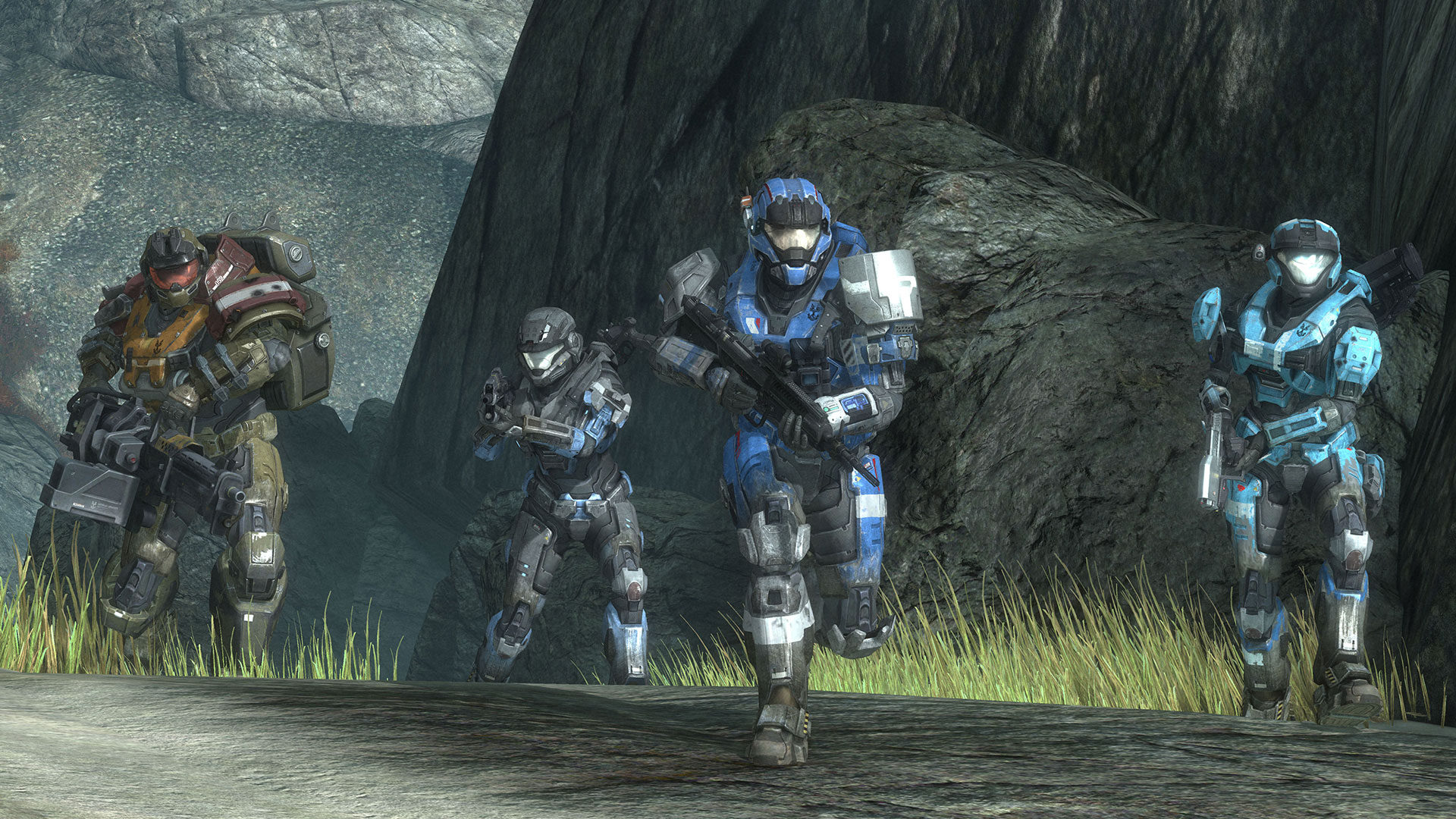 The Halo franchise may feel generic to some, but does that really detract from the experience?
The Halo franchise may feel generic to some, but does that really detract from the experience?
I can come up with all sorts of reasons for why Origins is so much more revered today than it was eight years ago, but the truth is that many of the criticisms that were laid upon Origins have proven trivial compared to its strengths. We know that bad graphics, cringe-inducing sex scenes, and shoddy animations are unlikely to hold a person back from playing an old game when its strengths include amazing writing and arguably the best morality system from Bioware since even before Knights of the Old Republic.
If you look at criticisms for Origins, cliché is still one of the most common statements you run into today. But why? What are you actually saying when you criticize a game like Origins of being cliché? Is the criticism that the game has elves and dwarves and dragons, and that other stories have done this before? Is the criticism that the themes it puts forward as a dark fantasy are too familiar?
Looking beyond the effectiveness of cliché as a criticism, does it really matter if something is cliché? In our dime a dozen world of gaming, we see so much new content constantly. How much of it can we claim is truly original? How many games can claim to take no inspiration from other games, let alone films? How many “original soundtracks” learn nothing from other music?
You could say Halo: Combat Evolved is just a big homage to Aliens. You could say Crysis is just a big homage to Halo: Combat Evolved! And yet both of these titles, though “cliché”, are immensely satisfying to play, with all kinds of features that make them worth returning to years later.
So why do we keep harping on games for being cliché? Personally, I couldn’t say, but I know that it needs to stop. In the modern gaming scene, there are so many games deserving of actual praise, and actual critique – why waste time on a criticism so vague and insignificant?
Wanting to pick up the latest games at reduced prices? Or, are you wanting insane deals on most AAA and indie titles on PC? Well, we have you covered! Green Man Gaming is a great place for you to pick up the latest and greatest games. Currently, PUBG is a WHOPPING 60% off! Check it out right HERE!










